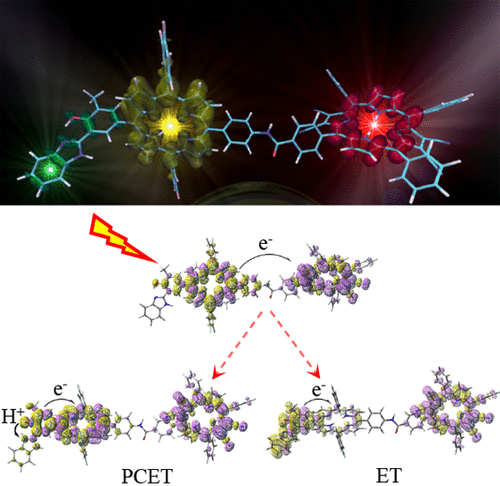Design of dendritic core carbazole-based hole transporting materials for efficient and stable hybrid
Organic Electronics 2018
DOI: 10.1016/j.orgel.2018.05.024 pdf
Designing organic molecules efficient for charge extraction and transport when integrated in optoelectronic devices remains a great challenge for many advanced applications. In perovskite solar cells (PSCs), the hole extraction/transport and the device stability are strongly dependent on the molecular structure of the hole transporting material (HTM). Herein we have engineered a dendritic core carbazole

based HTM (named B186), which combines the advantages of both small molecules and polymeric materials. The material can be easily prepared in a short synthetic procedure from largely available commercial products. We have investigated indepth the relationship between the chemical structure of the HTM and both the photovoltaic efficiency and the device stability. It has been shown that the dendritic core is a promising approach leading to both enhanced device performance and stability. The new HTM has been proved to act as a good barrier and protect satisfactorily the perovskite surface. The power conversion efficiencies (PCE) increase from 11.5% for the simple model compound to a promising 14.6%. Additionally, the normalized PCE of B186-based PSC decreased by only 5% after more than three weeks of storage under ambient conditions meanwhile the cell using the most popular HTM (Spiro-OMeTAD) dropped off by more than 40%. The presented results demonstrate that introducing dendritic concept is a simple strategy to design HTM for efficient and stable PSC




